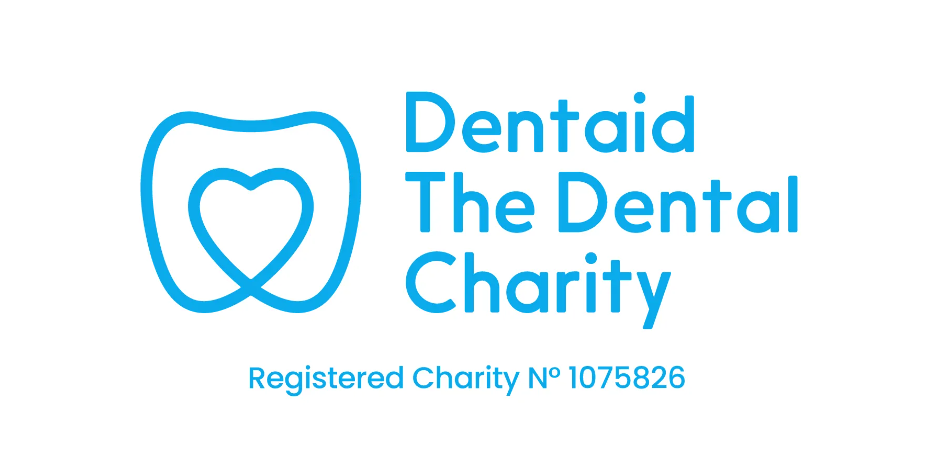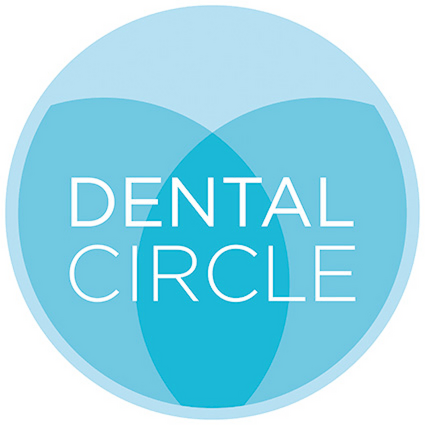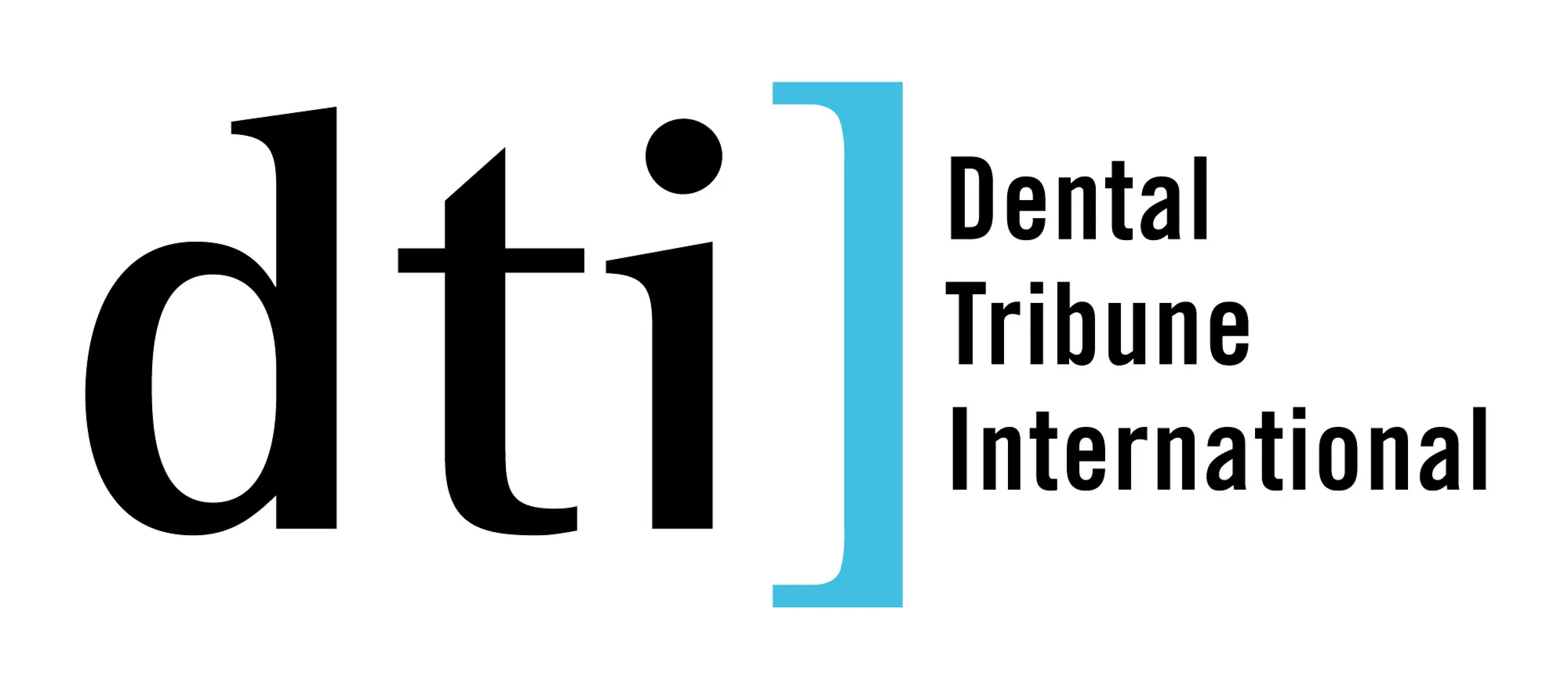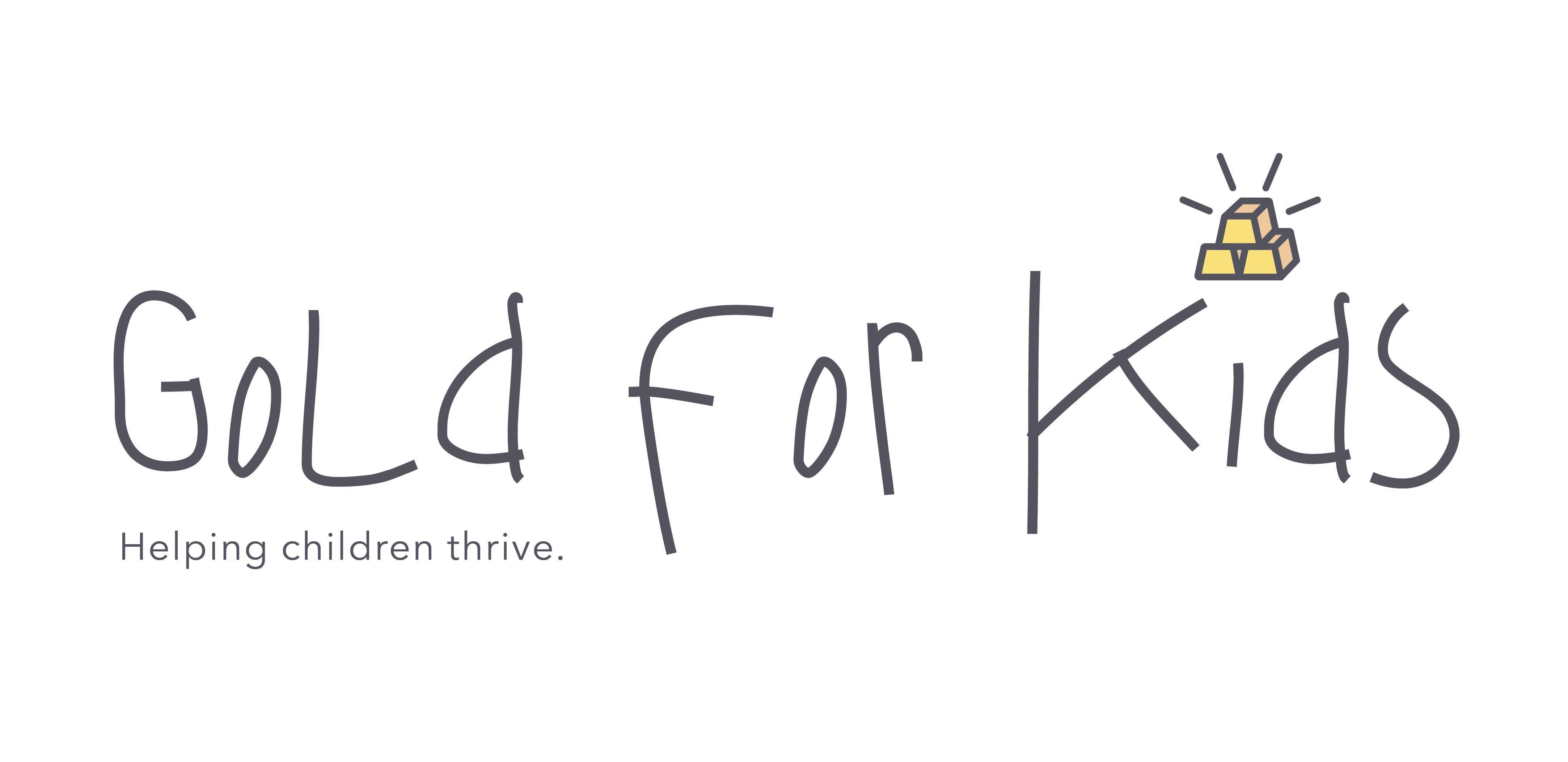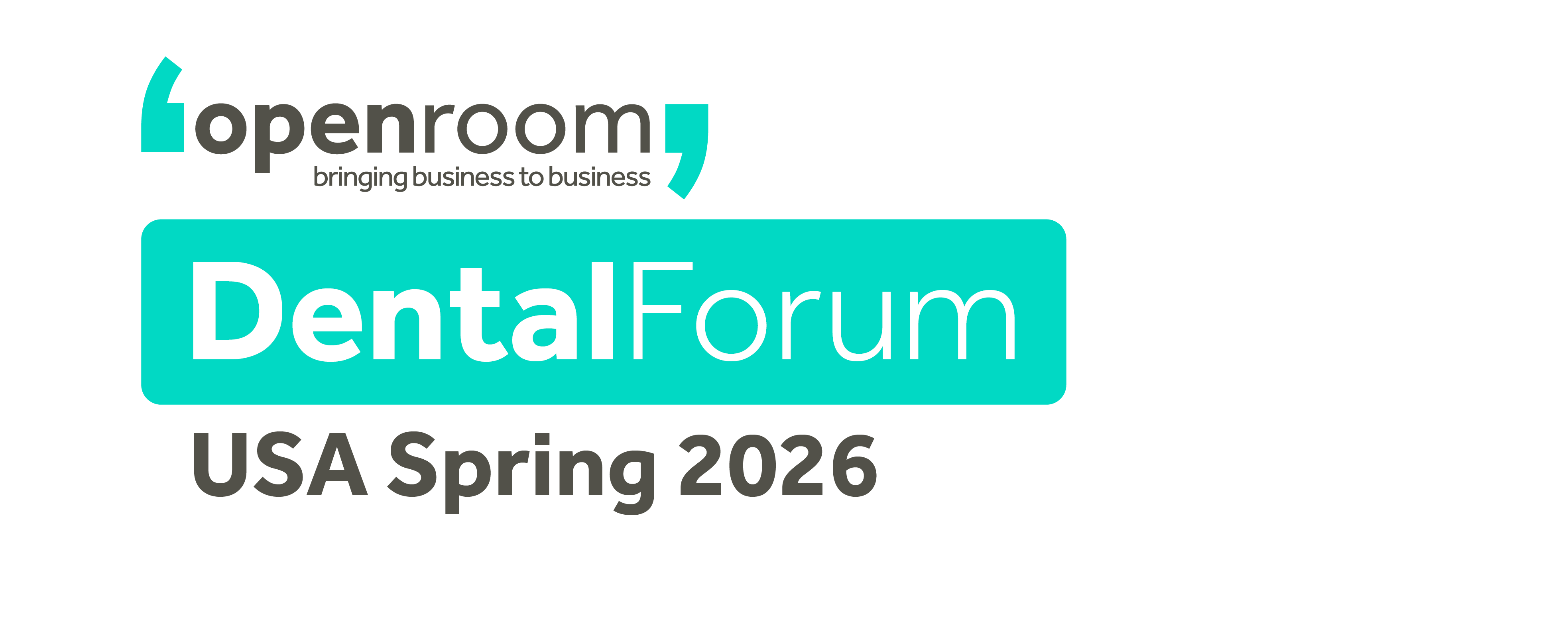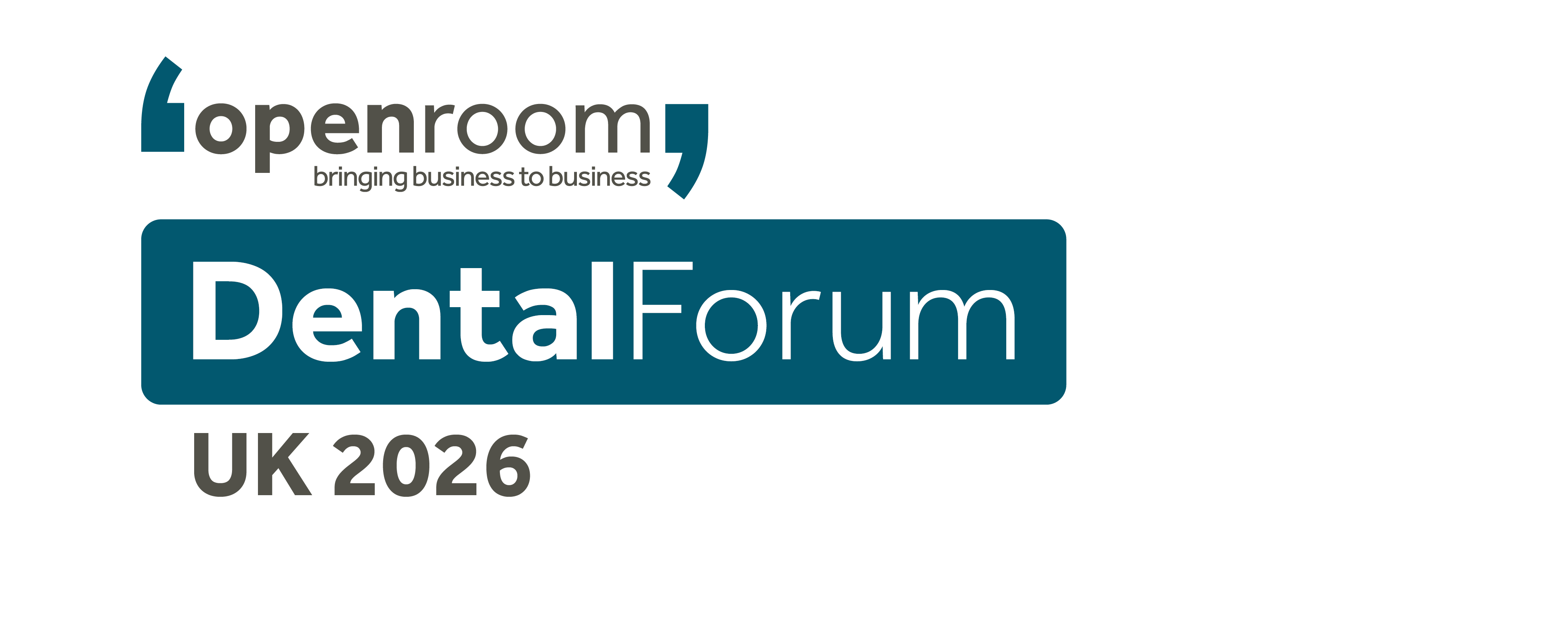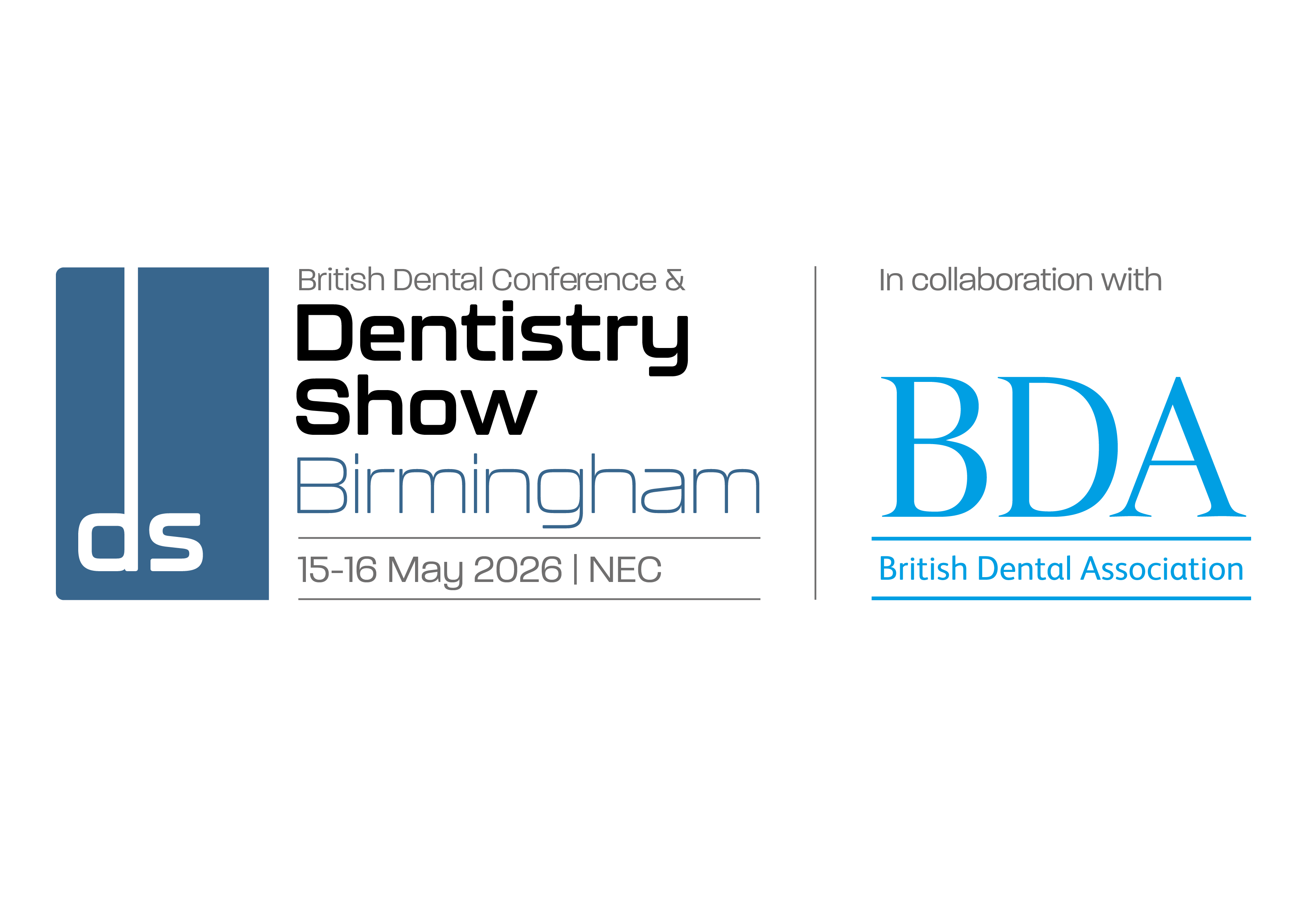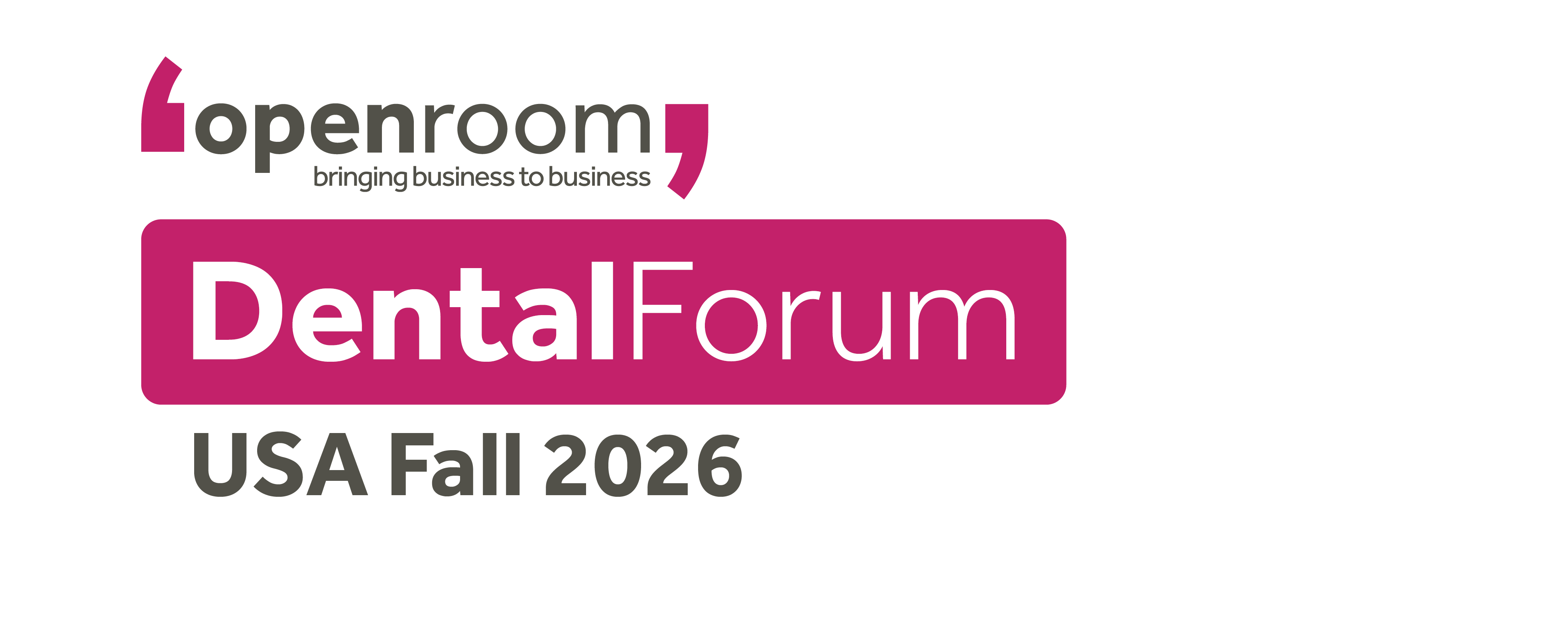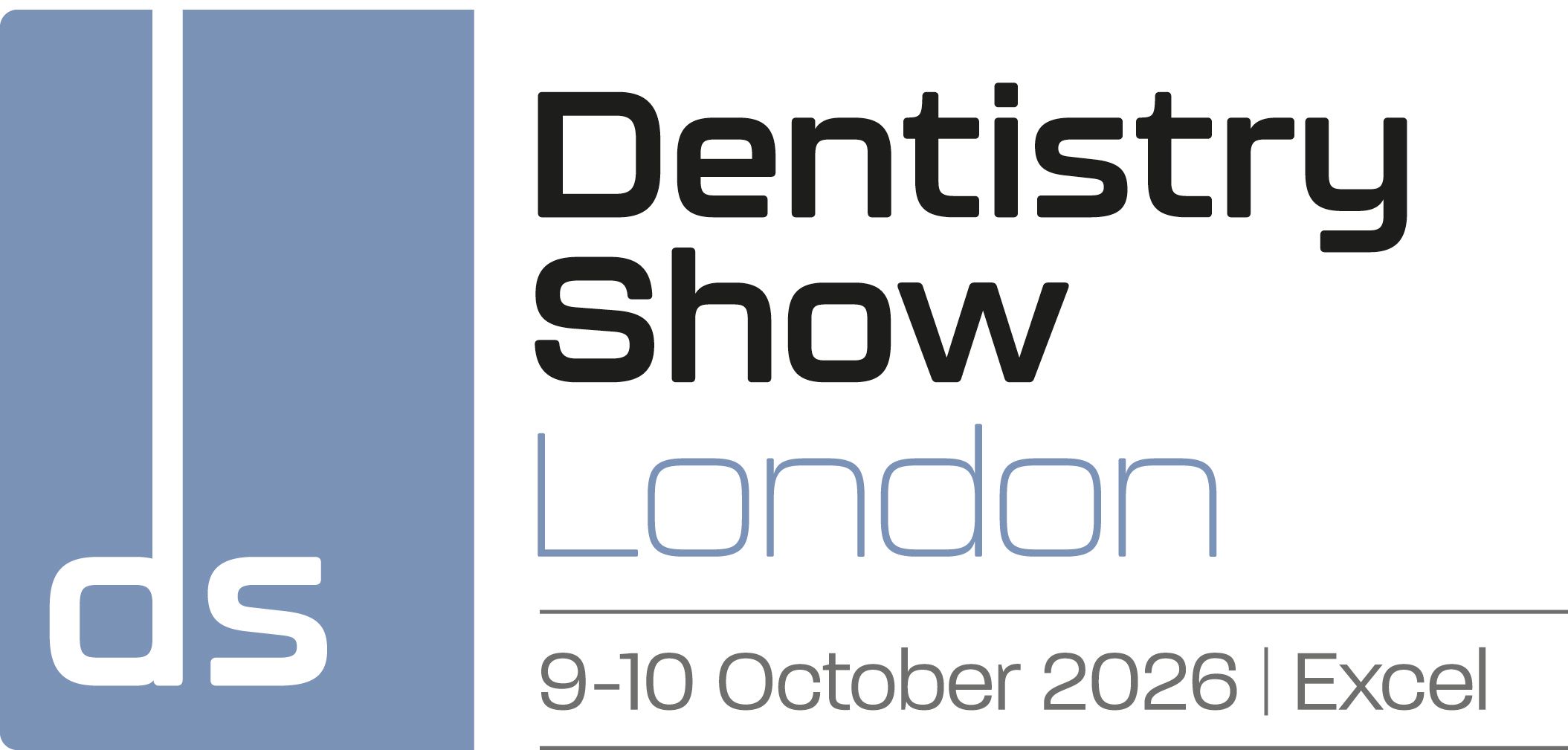Mental Health - Roz McMullan
)
Roz McMullan, president of the BDA, could never have predicted that her final few months in post would coincide with the peak of a pandemic that has almost completely shut down UK dentistry.
Perhaps it is fitting that Roz, a prominent campaigner for better mental health support for dentists, should occupy this influential position at a time when the stresses and strains of COVID-19 are testing us all. Roz is the right person, in the right place at this horrible time.
“I am so proud at how our dentists are stepping up at this time and that is to be applauded,” Roz said in an exclusive interview for the British Dental Conference and Dentistry Show Bulletin.
Dental practices are in the most part unable to carry out face-to-face treatment, yet are remaining available to their patients for advice, prescriptions and if necessary referral to urgent care centres which are being rapidly set up. At the same time, dental team members are being redeployed to the Nightingale Hospitals and other new settings. While acknowledging that dental team members are currently facing “a panoply of potential stressors”, Roz said she was not in an informed position to talk about individual stressors at this stage that could be directly linked to the pandemic.
“Any uncertainty is going to increase stress. Dentists are running businesses. Those working in community services are maybe going to be asked now to do other tasks or to treat in hot (COVID-19) centres. Hospital dentists will be taking on roles working alongside their medical colleagues. These are all big stressors on people but undoubtedly the professional training we have had will mean we are able to step up to that with the support of our regulators, associations and the Department of Health.”
She added: “I am so proud at how we have dental teams going to work in COVID testing centres, dentists going to work in the Nightingale Hospitals. We have dental teams looking after their patient cohort, looking after the vulnerable people on their list. We have volunteer dental nurses and dental hygienists going out to make home deliveries and volunteering under the NHS Scheme.”
With dentists already well documented as professionals with particular vulnerability to stress and burnout, Roz has called for research into the mental health impacts of coronavirus on dental professionals, following this outbreak.“We have no idea, other than anecdotally, we have no evidence of the effect that this is having on people’s individual stress,” she added.
A large-scale survey on stress, burnout and well-being in UK dentists, published in the British Dental Journal on January 11th last year, highlighted the top stressors reported by dentists to include referral to the GDC, litigation and contractual issues. However, Roz was quick to point out that even in the year since this research was published, these stressors have changed.
“If you look at research you will see that referral to the GDC was high up there. We have seen that dropping and perhaps more concerns instead around breaching contracts, money and litigation rather than the GDC.”
She highlighted that the changes in process meant that less cases were going through to the GDC, who have worked hard to build confidence among the profession, including through a successful engagement exercise with dental students and early career dentists.
Under Roz’s presidency, the BDA launched a new partnership with the award-winning employee assistance programme Health Assured to provide all BDA members with a 24-7 comprehensive and confidential counselling service. She is also proud of the fact that GDPs, for the first time, were allowed access to mental health support services from NHS Practitioner Health and from Inspire in Northern Ireland. This is in addition to services provided by The Dentists’ Health Support Trust, a charity offering dentists in the UK free support on mental health, alcohol and drugs issues.
Just before the full force of COVID-19 struck the UK, Roz held a preliminary meeting with other associations to discuss collaborative working to improve the mental health and wellbeing of dentists and possibly create a portal for dentists to access a range of mental health treatments – a convenient one-stop shop. In addition, she is keen to collaborate with other associations as well, representing dental nurses, dental therapists and dental hygienists, to introduce a pan-dental team approach.
Roz said: “We will pick up on this as soon as we can when all of this is over. I am sure this will be needed. It is important for people feeling overwhelmed and unable to cope to have pointers to where they can access help.”
She highlighted the importance of the BDA and other organisations offering positive, practical support and advice to the dental profession at this time, saying: “At the moment it is about supporting them and getting the best possible outcomes for them in this really difficult situation. It is about being there to support and help them as a whole group – not just the GDPs but those community and public health dentists who are setting up the (urgent treatment) centres.
“I am so proud at how our dentists are stepping up at this time and that is to be applauded. Of course, there will be stressors now and there will be an aftermath, but at the moment, I am just so proud of the way people are working together, finding solutions.”
Roz acknowledged that mixed messages around coronavirus and how it impacts on dentists and the care of their patients, while obviously not welcome, was inevitable as the Government and NHS England and NHS Improvement have had to respond so quickly “from a standing start” to tackle the coronavirus outbreak.
“There was bound to be confusion. Our Government in general terms, taking dentistry out of it, have been remarkably nimble,” she said.
“Who would have believed four weeks ago that we would have moved heaven and earth to get where we are now?”
“I watch this, and I look at what people are saying on social media and of course there are negative comments and I can hear the understandable anger in some cases but I can also see the positives.”
“What General Dental Practice needs now is support so there is a dental profession to reopen after this is all over. We also need consistent, evidence- based advice. Dentists are academically astute; they are trained to read evidence and assess it.”
Roz is seeing many positives through her own experience of coming out of retirement to provide welfare support for frontline doctors fighting coronavirus at Altnagelvin Area Hospital run by Western Health and Social Care Trust in Northern Ireland.
She said: “I am totally humbled by the leadership shown by our frontline doctors and the can-do attitude. The knowing they are going into the frontline, knowing that they are at higher risk but knowing that they have a job to do.”
On the importance of having a clear COVID-19 exit strategy for dentists and how they may cope with a surge in demand when surgeries reopen, Roz advised: “The exit plan is for another day. What we do need now is knowledgeable and strong leadership and support. What I know is that the BDA will have a role to play in that, continuing to negotiate with the four governments, helping dentists to stay strong and positive and saying thank you to them; we won’t be found wanting.”
Summing up her advice for dentists with an apt quote from John Newton (1725-1807), the English Anglican clergyman and abolitionist, she said: “We can easily manage if we will only take, each day, the burden appointed to it. But the load will be too heavy for us if we carry yesterday's burden over again today, and then add the burden of the morrow before we are required to bear it.”
Although Newton died more than 200 years ago, Roz believes his advice is as valid today – in the midst of a global pandemic – as it was back then.
“Thank you”, she says again. “It is important to say thank you.”
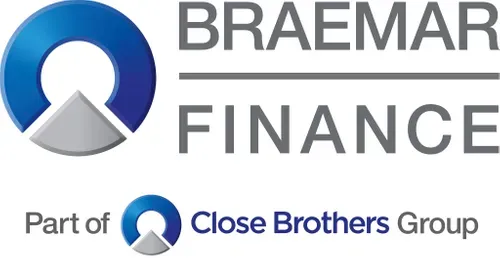

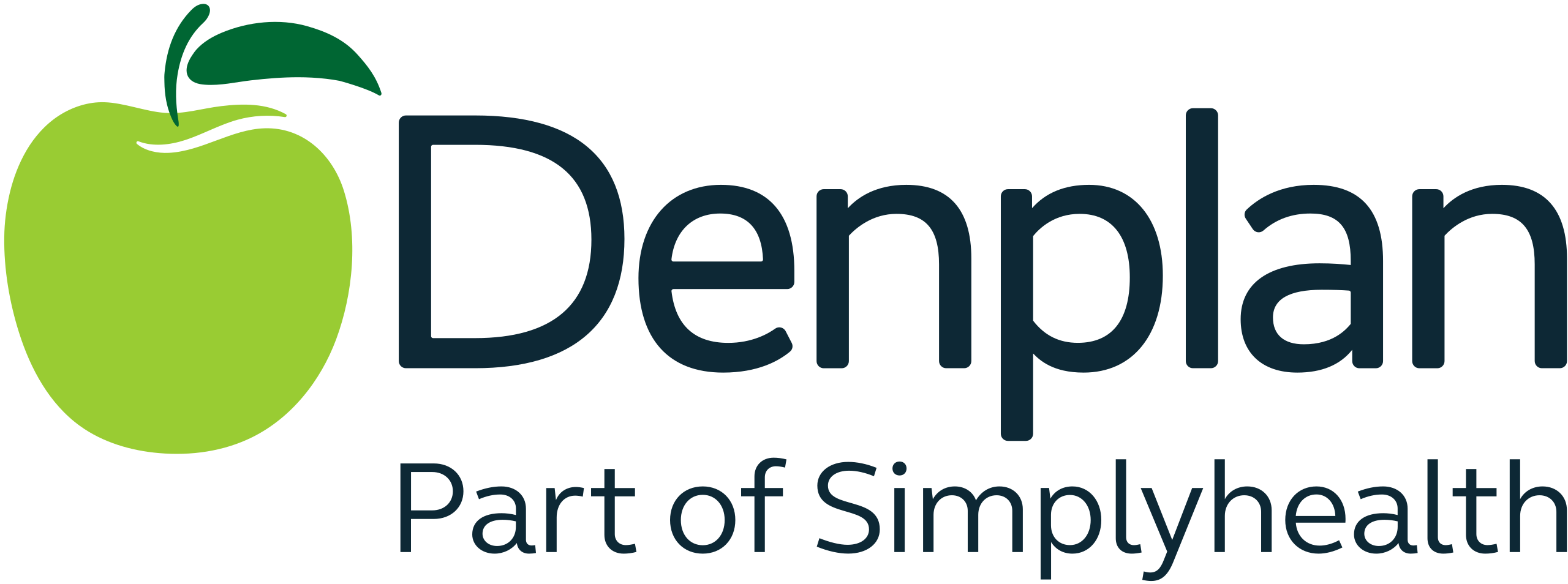
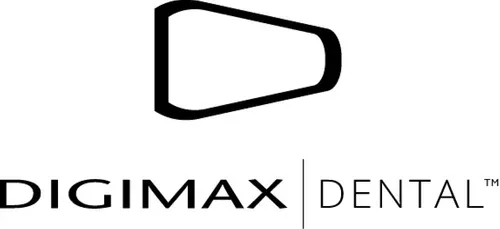


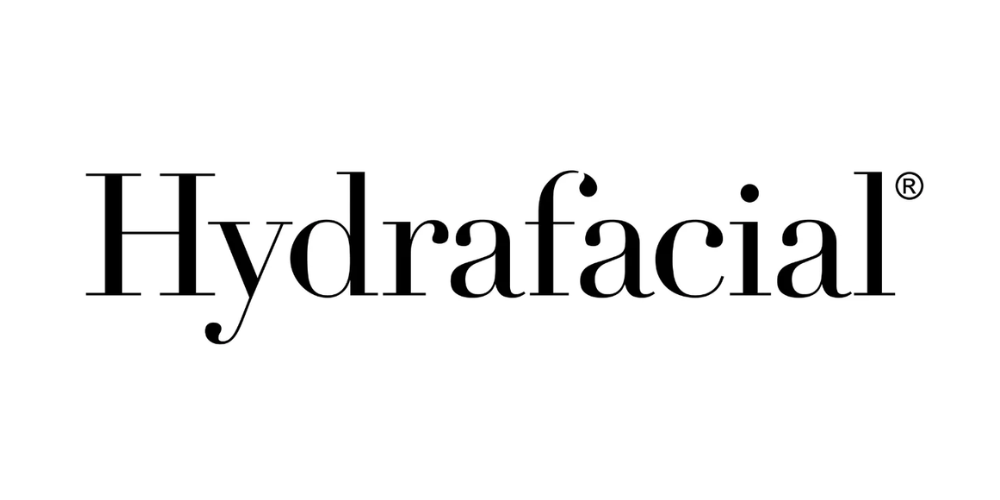
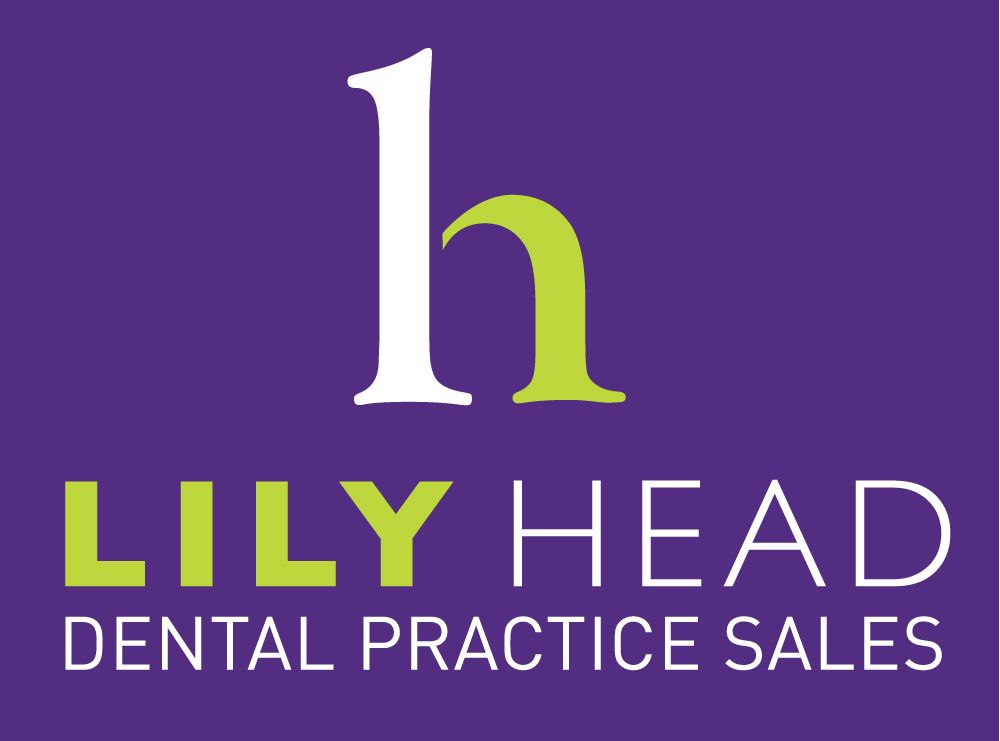







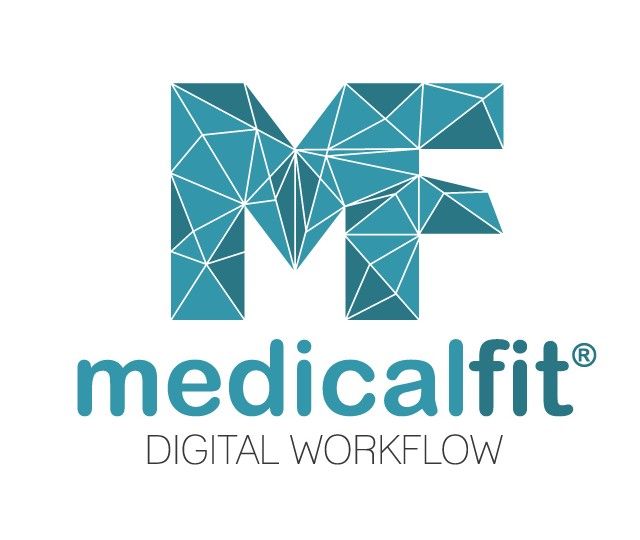


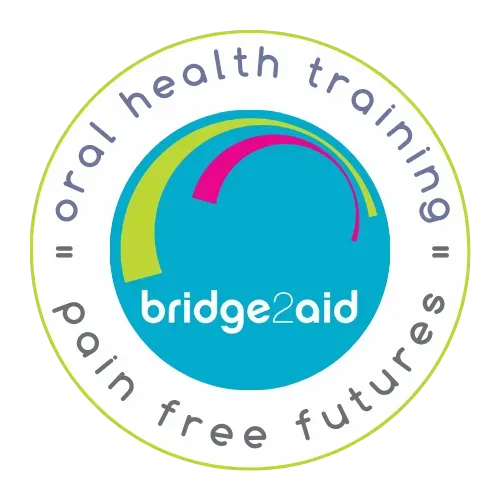
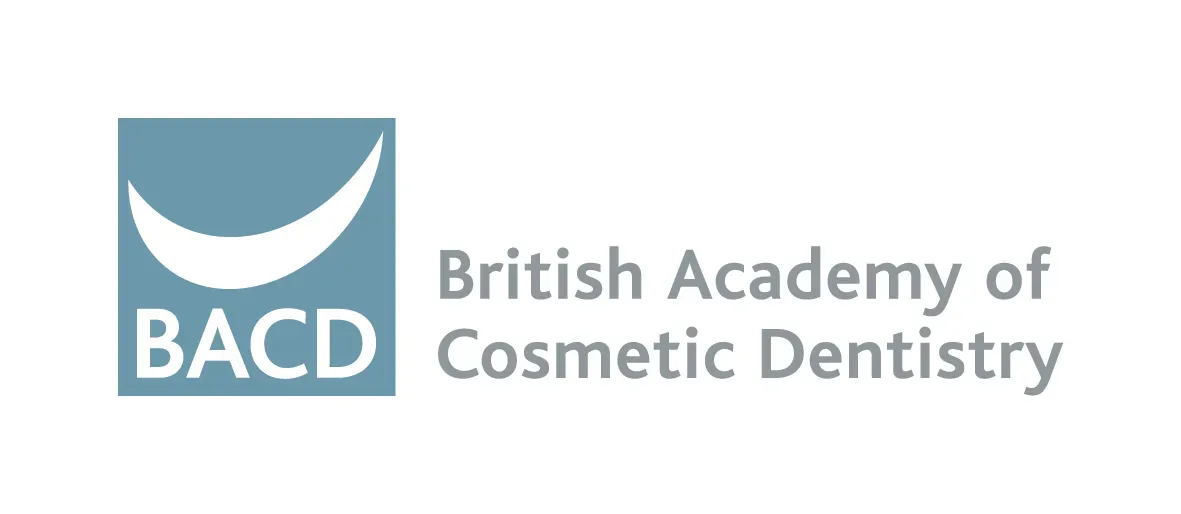
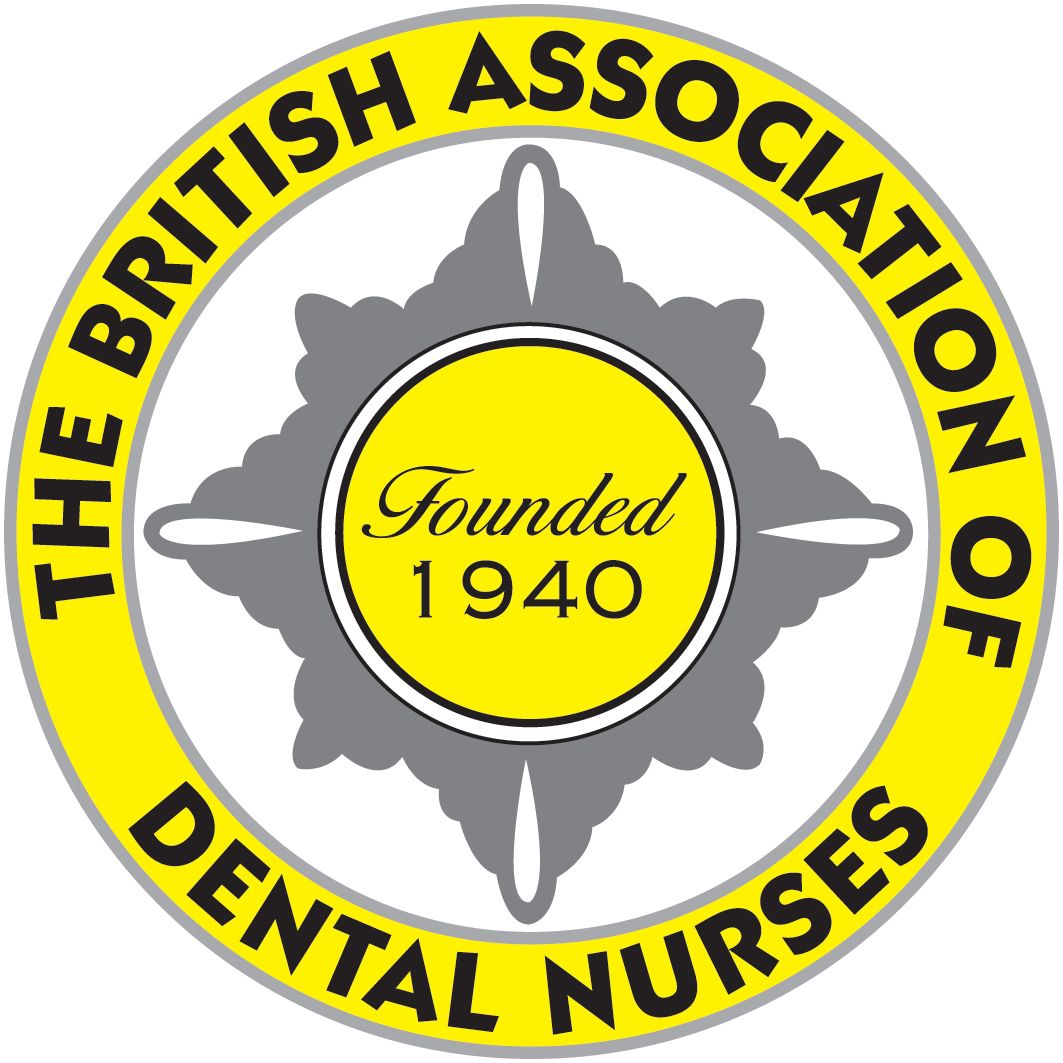
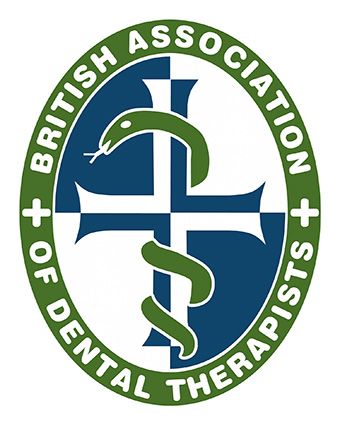
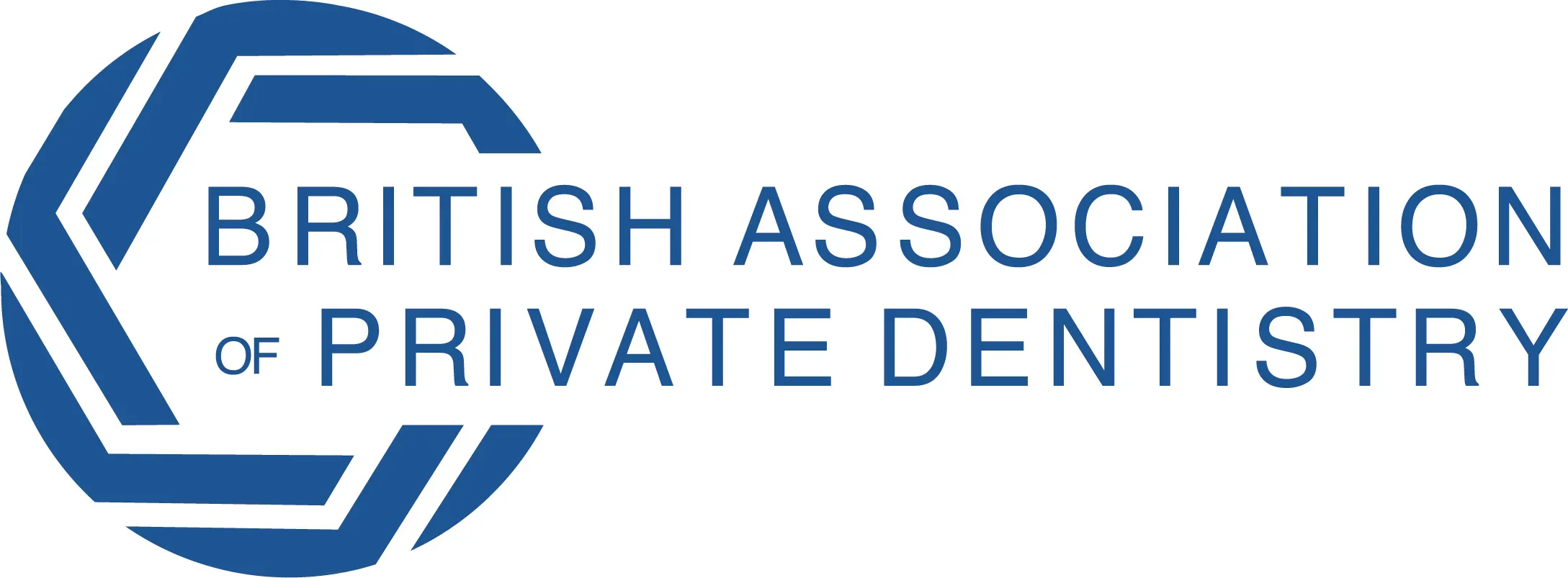
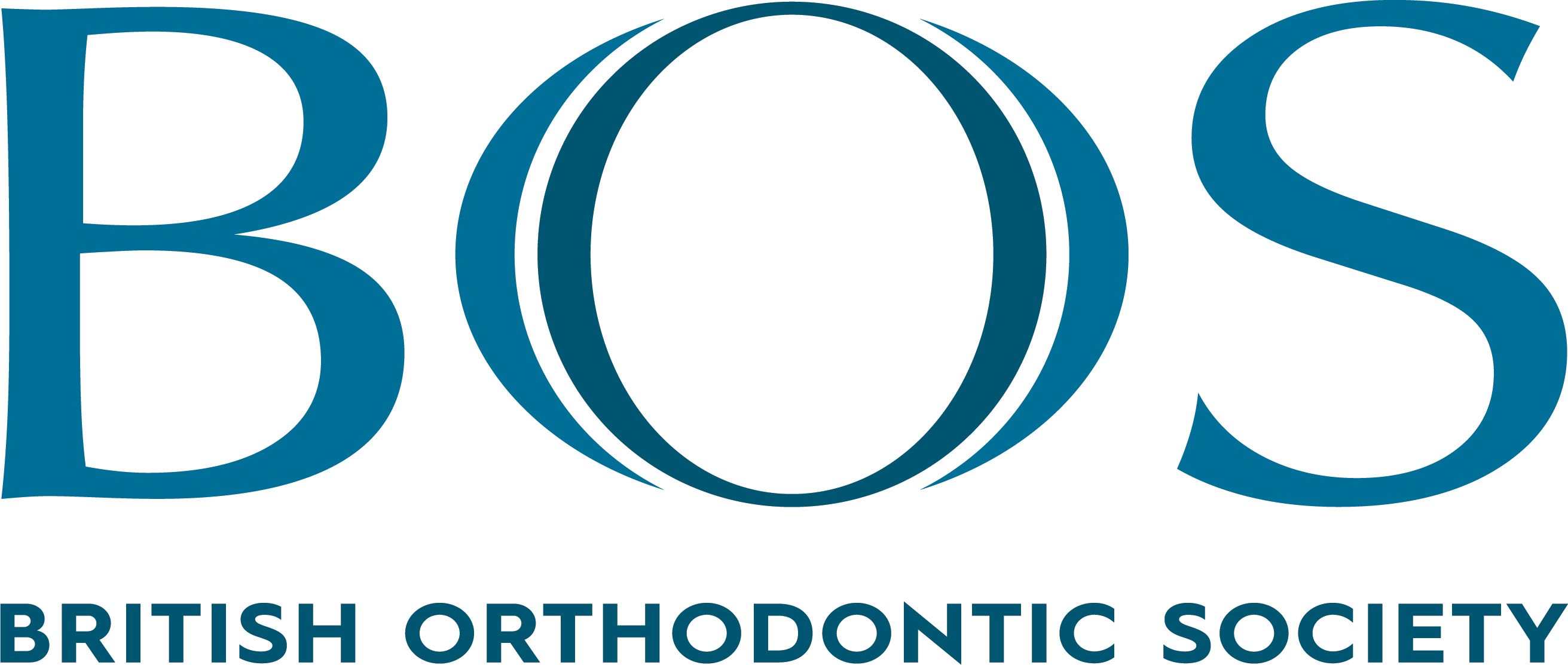
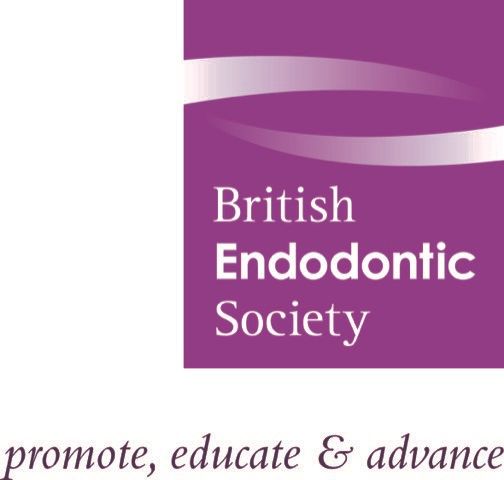
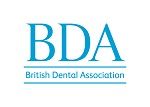


.png)
